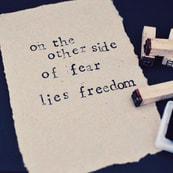
I read several posts today attacking authors’ fictional works that make me wonder what the world will be like in the future. The tunnel of acceptability is becoming so narrow that soon most fairy tales will be banned from the shelves. Authors will not be allowed to write directly about or allude to societal issues/beliefs. There will be no such thing as a metaphor for internal chaos. Instead, the literal, superficial words will be all that matter. No symbolism depicting the human condition.
How will we tell stories? Stories are not just entertainment. Stories are messengers. Stories are often meant to lead us to a more human and empathetic conversation about issues that are often difficult to address directly. They wend their way through the cracks in the rigid walls we have constructed within ourselves. These walls can be extreme in either direction. There are zealots on both sides, and both are impotent in terms of understanding.
Humans have this tendency toward “all or nothing,” and it is this attitude that deflects all attempts at compromise. It causes us to fail to resolve the very issues for which we believe ourselves champions. Freedom is not about stifling those who would try to stir up questions in our minds by slipping through the cracks in our walls.
The human condition will never be pristine. Can it be improved? Absolutely! But, not through the zealots or the book banners or the uninformed or the manipulators. Ethan Smith stated these types of people are “characterized by how they respond to information.” He contends there are four archetypes: idiots, zealots, elitists, and patriots.
Before we quickly label ourselves as Patriots, let’s look at the way in which these are defined by Smith:
Few of us are true patriots these days. However, going back to the current attitude toward authors’ works — our assessment of writings is usually driven by one of the four states of mind listed above. Being in one of the first three categories makes it difficult to step outside it to view the world in a different way. Still, we must try. We may not always succeed, but one never-changing aspect of the human condition is that it will always be shifting and testing our resolve to be better than we are.
The bottom line is we need to try and understand that too many of us have long since moved beyond fighting for our collective freedoms. We have narrowed our boundaries to include only what is acceptable to us and fight to make others comply. In terms of books, why do you think the banning of books continues to cycle through our lives?
Freedom doesn’t simply rest on basic principles of not harming others or the planet. We have tightened the reins on every aspect of life – social, family, health, work, spirituality, personal growth, financial, communities. This is unacceptable because we are not all identical. We don’t have the same challenges or the same imaginations or the same dreams, to name just a few differences.
So, How Do We Deal with Our States of Mind?
The symbolism of the four wise monkeys is familiar to most of us: hear no evil, see no evil, speak no evil, do no evil. In recent times I have seen the fourth monkey’s symbolism shift from simply ‘do no evil’ to fear no evil. This is how we can rise above the archetypes of idiot, zealot, and elitist. Rather than simply not hearing, seeing, speaking, and doing no evil, we must ultimately FEAR no evil. It is our fear that stands in the way of our freedoms. It is our fear that makes us react with rage or violence or simply internal chaos.
My husband used symbolism to write about fear. One of my favorite talks was titled: Dracula is Alive and Well in Your Life. He spoke about how we have attitudes and emotions that seem difficult to grab hold of because they are never the same from one time to the next and yet they seem to have power over us. They feed off of us, dragging us deeper and deeper into the darkness of negativity. The circumstances, the issues, are not always the same, but the underlying force is fear.
Only when we get up close and personal to our fear and symbolically drive a stake through its heart, as the story of Dracula reveals, can we rid ourselves of it. Our hearts are the seat of our emotions, our feelings, and this is where fear lives.
Returning to symbolism, the professor in the story of Dracula represents the part of us pursuing the vampire, the fear, and knows its weaknesses. What does this mean? It means that we must recognize the feeling of fear as a borrowed attitude. It is not you! It is not me! Then we have taken a step toward consciously choosing to take actions not motivated by fear. Those who rise up and call for books to be banned are acting out of fear, a fear that believes power over the situation is their only solution. Wrong.
The real solution is to choose, instead, to educate oneself through reading and not resort to seeking out things to disparage. Sharing one's opinion about books is fine, but striving to figuratively shoot the messenger serves no one. Authors are as unique as readers and no book will find a place with every reader, which is obvious when you read social media comments.
So, whether reading nonfiction or fiction, hear no evil, see no evil, speak no evil, and fear no evil. Absorb the information, analyze how it impacts your personal knowledge base. If it positively affects you, share it with friends. If it clashes with what you believe, don't attack the author. Simply do not share it. With these actions, you have become a true patriot by defaulting to a positive stance for yourself and your friends, and perhaps influencing others outside your current sphere of influence in a positive fashion.
How will we tell stories? Stories are not just entertainment. Stories are messengers. Stories are often meant to lead us to a more human and empathetic conversation about issues that are often difficult to address directly. They wend their way through the cracks in the rigid walls we have constructed within ourselves. These walls can be extreme in either direction. There are zealots on both sides, and both are impotent in terms of understanding.
Humans have this tendency toward “all or nothing,” and it is this attitude that deflects all attempts at compromise. It causes us to fail to resolve the very issues for which we believe ourselves champions. Freedom is not about stifling those who would try to stir up questions in our minds by slipping through the cracks in our walls.
The human condition will never be pristine. Can it be improved? Absolutely! But, not through the zealots or the book banners or the uninformed or the manipulators. Ethan Smith stated these types of people are “characterized by how they respond to information.” He contends there are four archetypes: idiots, zealots, elitists, and patriots.
Before we quickly label ourselves as Patriots, let’s look at the way in which these are defined by Smith:
- Idiots avoid all new pertinent information in an attempt to maintain a limited, comfortable perspective.
- Zealots believe they have “the answer.” They ask certain questions of certain information but ignore and dissociate from information that is unaligned to their pre-determined perspective.
- Elitists question information in order to manipulate those who do not have that information, to their own benefit.
- Patriots – true patriots – question information to educate themselves and share it with others in order that all may progress.
Few of us are true patriots these days. However, going back to the current attitude toward authors’ works — our assessment of writings is usually driven by one of the four states of mind listed above. Being in one of the first three categories makes it difficult to step outside it to view the world in a different way. Still, we must try. We may not always succeed, but one never-changing aspect of the human condition is that it will always be shifting and testing our resolve to be better than we are.
The bottom line is we need to try and understand that too many of us have long since moved beyond fighting for our collective freedoms. We have narrowed our boundaries to include only what is acceptable to us and fight to make others comply. In terms of books, why do you think the banning of books continues to cycle through our lives?
Freedom doesn’t simply rest on basic principles of not harming others or the planet. We have tightened the reins on every aspect of life – social, family, health, work, spirituality, personal growth, financial, communities. This is unacceptable because we are not all identical. We don’t have the same challenges or the same imaginations or the same dreams, to name just a few differences.
So, How Do We Deal with Our States of Mind?
The symbolism of the four wise monkeys is familiar to most of us: hear no evil, see no evil, speak no evil, do no evil. In recent times I have seen the fourth monkey’s symbolism shift from simply ‘do no evil’ to fear no evil. This is how we can rise above the archetypes of idiot, zealot, and elitist. Rather than simply not hearing, seeing, speaking, and doing no evil, we must ultimately FEAR no evil. It is our fear that stands in the way of our freedoms. It is our fear that makes us react with rage or violence or simply internal chaos.
My husband used symbolism to write about fear. One of my favorite talks was titled: Dracula is Alive and Well in Your Life. He spoke about how we have attitudes and emotions that seem difficult to grab hold of because they are never the same from one time to the next and yet they seem to have power over us. They feed off of us, dragging us deeper and deeper into the darkness of negativity. The circumstances, the issues, are not always the same, but the underlying force is fear.
Only when we get up close and personal to our fear and symbolically drive a stake through its heart, as the story of Dracula reveals, can we rid ourselves of it. Our hearts are the seat of our emotions, our feelings, and this is where fear lives.
Returning to symbolism, the professor in the story of Dracula represents the part of us pursuing the vampire, the fear, and knows its weaknesses. What does this mean? It means that we must recognize the feeling of fear as a borrowed attitude. It is not you! It is not me! Then we have taken a step toward consciously choosing to take actions not motivated by fear. Those who rise up and call for books to be banned are acting out of fear, a fear that believes power over the situation is their only solution. Wrong.
The real solution is to choose, instead, to educate oneself through reading and not resort to seeking out things to disparage. Sharing one's opinion about books is fine, but striving to figuratively shoot the messenger serves no one. Authors are as unique as readers and no book will find a place with every reader, which is obvious when you read social media comments.
So, whether reading nonfiction or fiction, hear no evil, see no evil, speak no evil, and fear no evil. Absorb the information, analyze how it impacts your personal knowledge base. If it positively affects you, share it with friends. If it clashes with what you believe, don't attack the author. Simply do not share it. With these actions, you have become a true patriot by defaulting to a positive stance for yourself and your friends, and perhaps influencing others outside your current sphere of influence in a positive fashion.
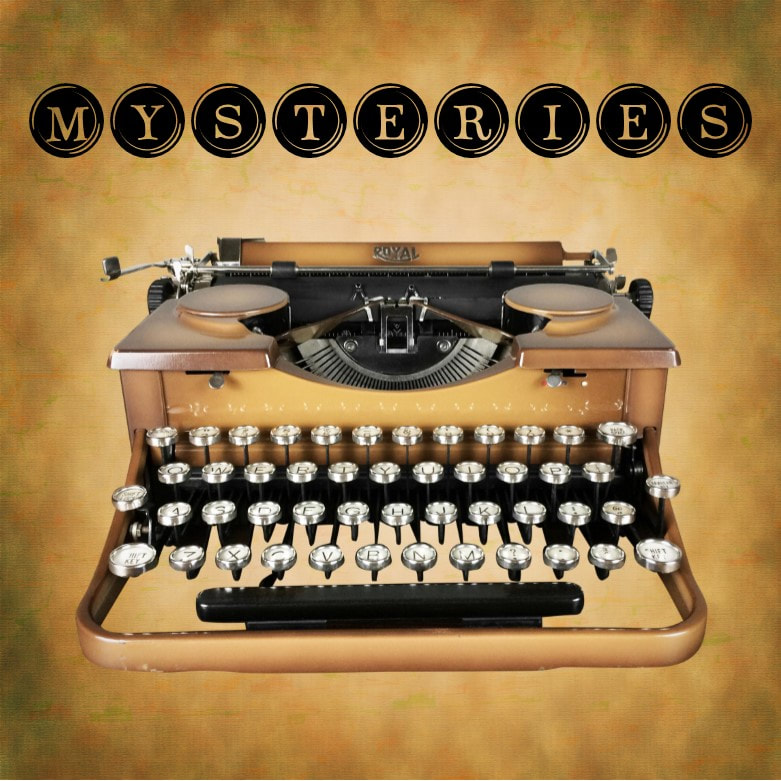
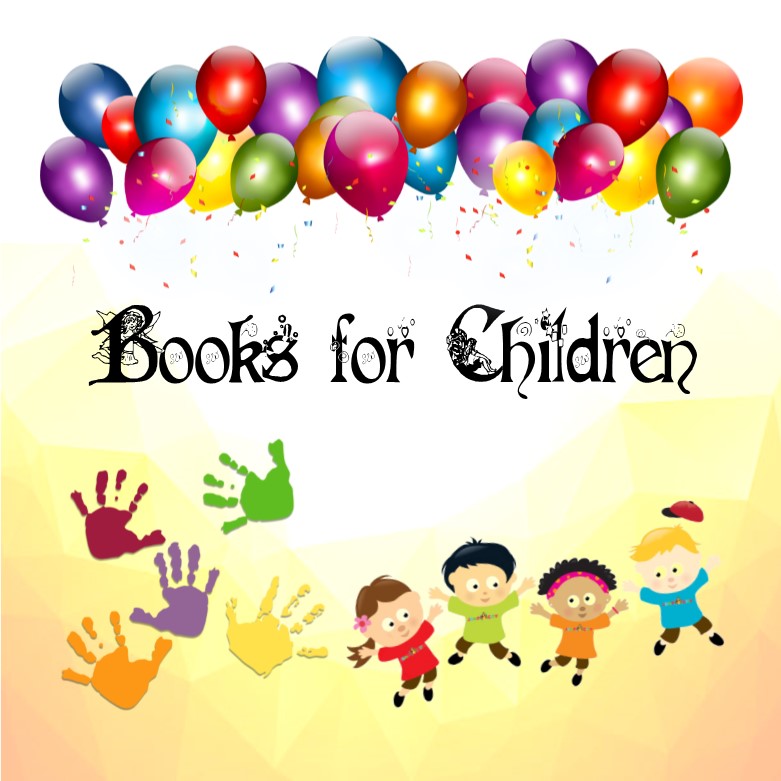
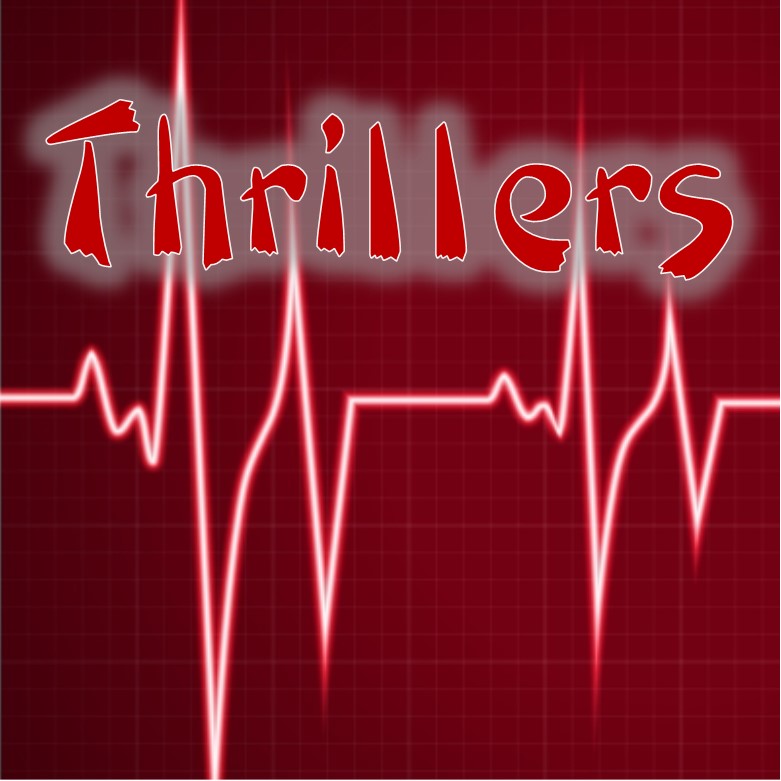
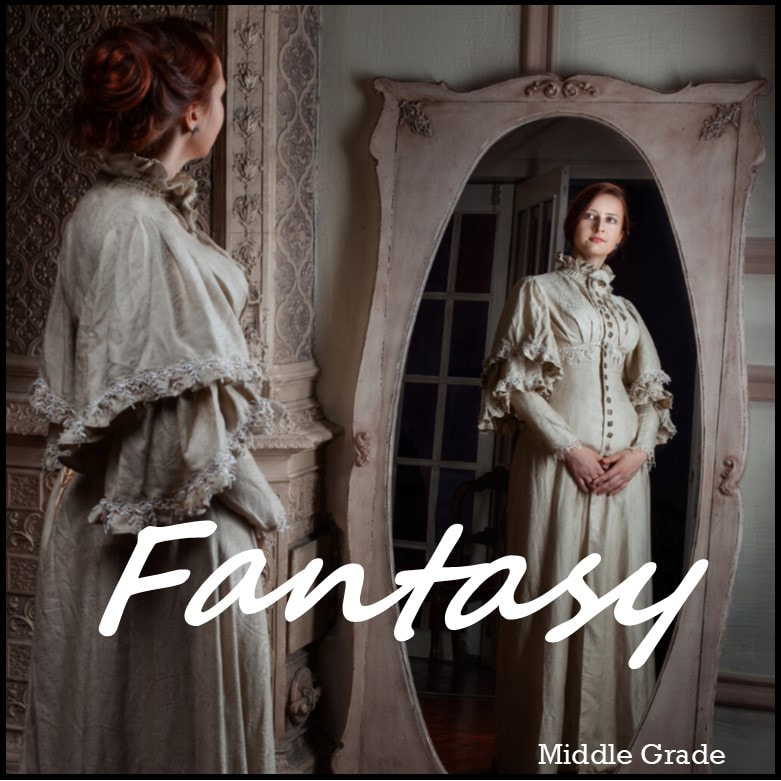
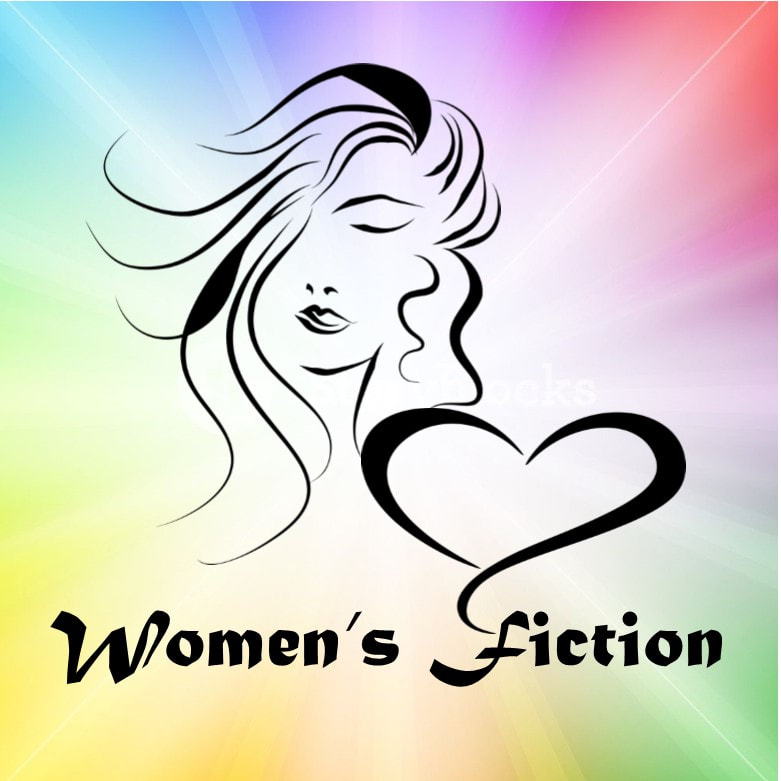
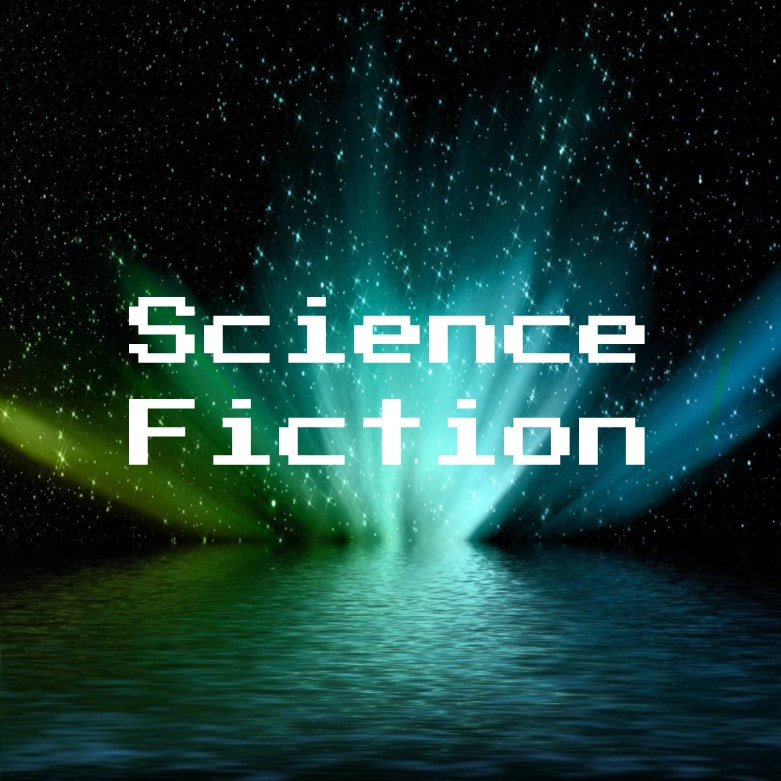
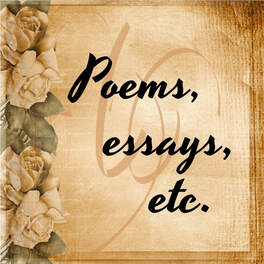
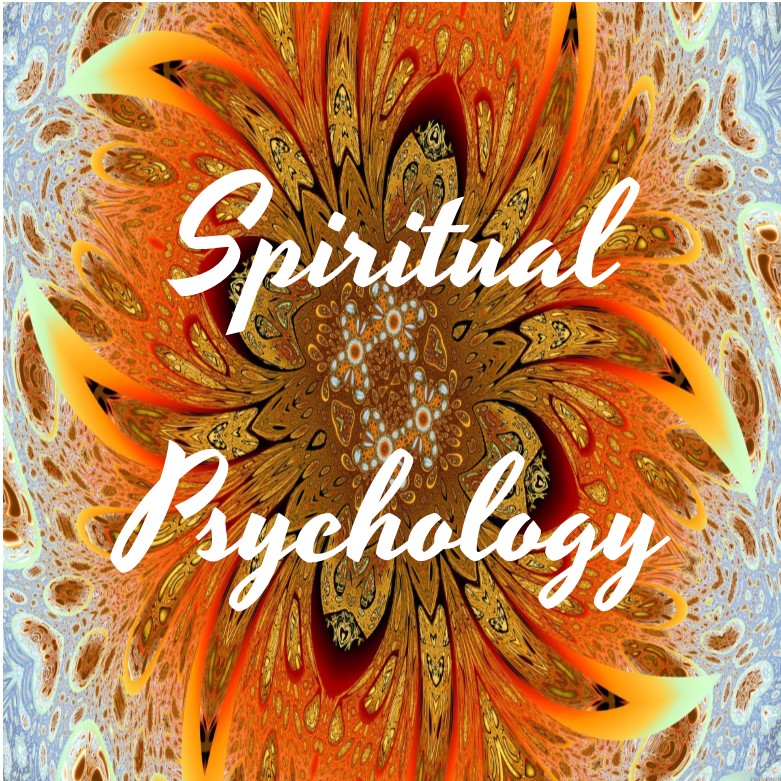
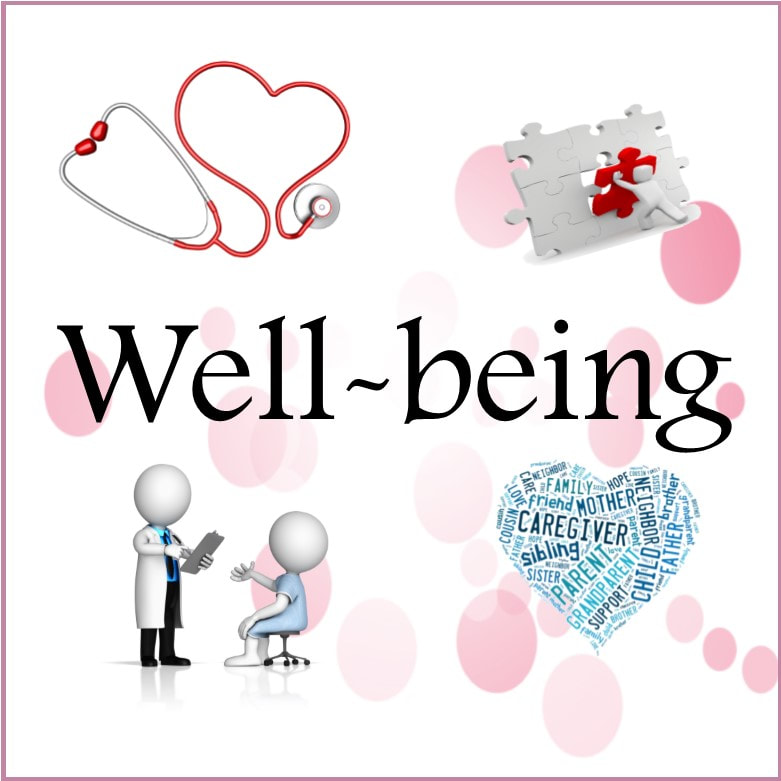
 RSS Feed
RSS Feed